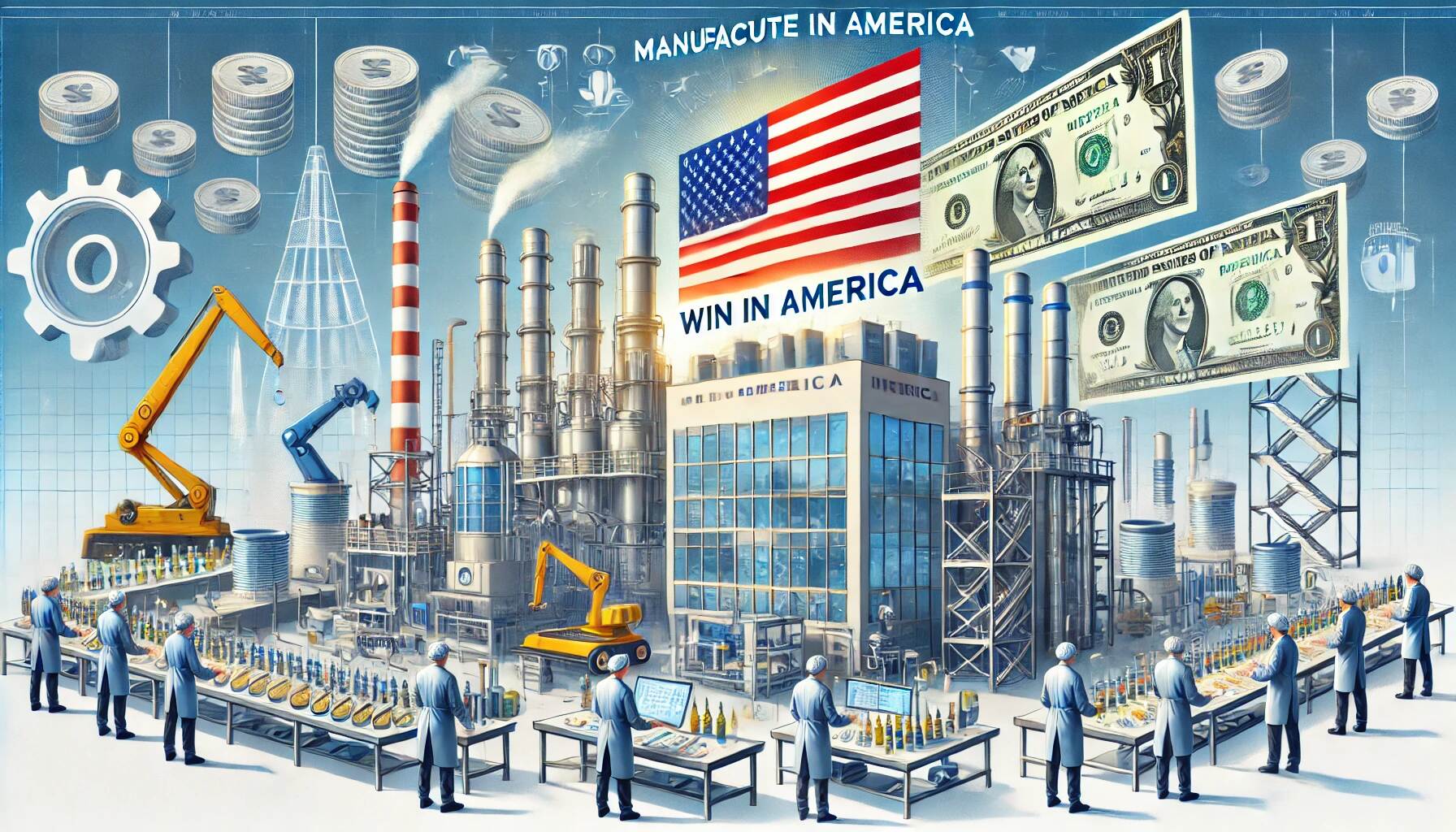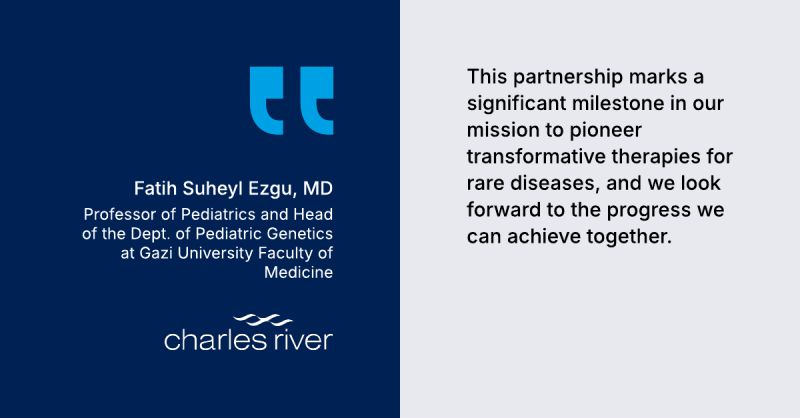As tariff threats loom, pharmaceutical giants are reshoring operations, signaling a transformative shift in global drug manufacturing.
Global pharmaceutical giants have unveiled over $160 billion in fresh U.S. investments within just the past few months. This surge goes far beyond routine business expansion—it marks a deliberate recalibration of global manufacturing strategies. Faced with rising geopolitical tensions, shifting trade policy landscapes, and an urgent need to strengthen supply chain resilience, these companies are doubling down on American soil. The message is clear: in an era of uncertainty, the U.S. is becoming the epicenter of pharmaceutical innovation and production.
The Investment Wave: Who's Leading the Charge?
AstraZeneca
Investing $300 million in a cutting-edge cell therapy manufacturing facility in Rockville, Maryland, AstraZeneca is focused on producing T-cell therapies for cancer treatment. The facility is expected to create over 150 highly skilled jobs, reinforcing the company’s commitment to oncology and its U.S. manufacturing footprint.
Eli Lilly and Company
Eli Lilly has announced an additional $5.3 billion investment to expand its Lebanon, Indiana site, bringing total investment to $9 billion. This expansion supports the production of active pharmaceutical ingredients for blockbuster diabetes and obesity drugs, Mounjaro and Zepbound.
Johnson & Johnson
J&J plans to invest over $55 billion in U.S. manufacturing over the next four years, including four new facilities. The first—a 500,000-square-foot biologics plant in Wilson, North Carolina—will support around 5,000 construction jobs and over 500 permanent roles.
Novartis
Novartis is committing $23 billion to bolster its U.S. manufacturing and R&D over the next five years, including six new plants. The initiative ensures that 100% of its key medicines will be produced end-to-end in the U.S., enhancing supply chain resilience.
Roche
Roche is investing a monumental $50 billion in expanding pharmaceutical and diagnostics R&D across the U.S., creating over 12,000 new jobs. Plans include a gene therapy factory in Pennsylvania and a cardiovascular research center in Massachusetts.
Thermo Fisher Scientific
Adding to this momentum, Thermo Fisher Scientific has pledged $2 billion over the next four years to strengthen its U.S. manufacturing and innovation base. This includes $1.5 billion in capital expenditures to expand its American manufacturing operations and $500 million in high-impact R&D. With 64 U.S. manufacturing sites across 37 states and over 50,000 U.S. employees, Thermo Fisher is a key player in ensuring supply chain resilience and advancing life sciences innovation domestically.
gnificant investments by major pharmaceutical companies highlight a strategic shift towards strengthening U.S. manufacturing and research capabilities. Factors influencing this trend include evolving trade policies, the need for supply chain resilience, and the growing demand for advanced therapies. As the industry navigates these changes, the U.S. is poised to become an increasingly pivotal hub for pharmaceutical innovation and production
Decoding the Drivers: Why Now?
Anticipation of Tariffs: President Trump's administration has signaled potential tariffs exceeding 25% on imported pharmaceuticals, urging companies to localize production. While not yet enacted, the mere prospect has catalyzed preemptive investments.
Supply Chain Resilience: The COVID-19 pandemic exposed vulnerabilities in global supply chains. By reshoring manufacturing, companies aim to mitigate risks associated with international disruptions.
Economic Incentives: U.S. policies, including tax reforms and the Inflation Reduction Act, offer financial incentives for domestic manufacturing, making local investments more attractive.
Market Access and Demand: The U.S. remains the largest pharmaceutical market globally. Proximity to consumers and the ability to respond swiftly to market demands are compelling reasons for domestic production.
Expert Insights
Pascal Soriot, CEO of AstraZeneca, emphasized the strategic importance of U.S. investments: "Our commitment to expanding in the U.S. underscores our dedication to advancing cell therapy innovations and ensuring they are accessible to patients globally." AstraZeneca
David Ricks, CEO of Eli Lilly, highlighted the urgency: "The explosive demand for our diabetes and obesity treatments necessitates rapid scaling of our manufacturing capabilities to serve patients effectively."
Vas Narasimhan, CEO of Novartis, pointed to the broader industry trend: "Europe's declining competitiveness in biopharma, coupled with the U.S.'s supportive environment, is prompting a strategic realignment of our operations." Financial Times
“Thermo Fisher’s commitment to U.S. manufacturing reflects our confidence that America will continue to lead the world in science and innovation. Thermo Fisher is proud to serve as a growth engine for the American economy,” said Marc N. Casper, chairman, president and chief executive officer of Thermo Fisher Scientific. “By expanding our U.S. operations, we ensure that life-saving medicines and therapies will continue to be developed and produced in America for decades to come.”
The Bigger Picture
This wave of investments signifies more than just economic growth; it represents a paradigm shift in pharmaceutical manufacturing. As companies navigate the complexities of global trade, regulatory landscapes, and market demands, the U.S. emerges as a pivotal hub for innovation and production.
While the full impact of these investments will unfold over the coming years, one thing is clear: the mantra "Manufacture in America, Win in America" is not just a slogan—it's the new reality shaping the future of global pharmaceuticals.






















